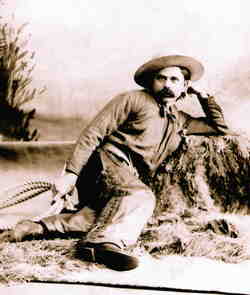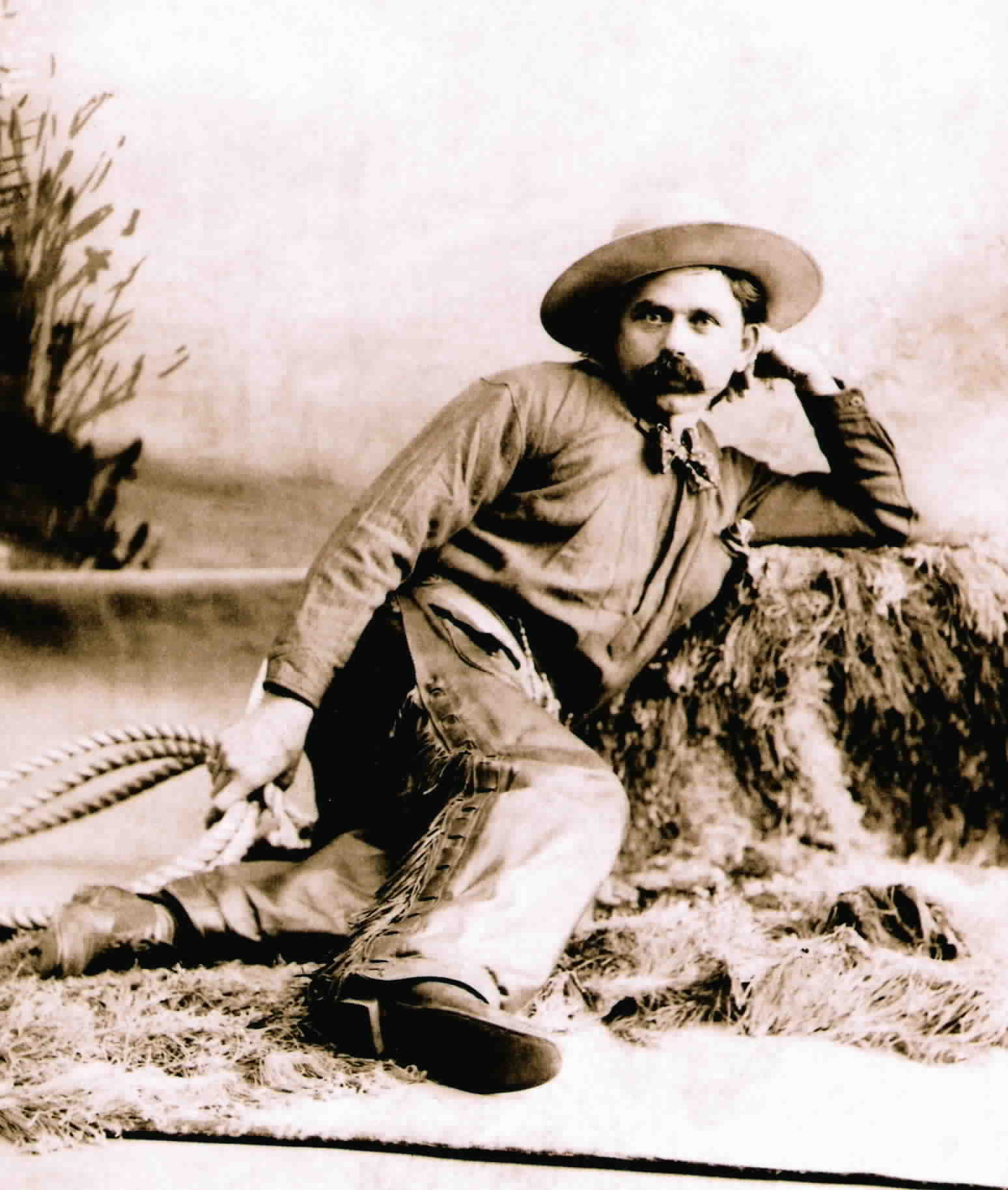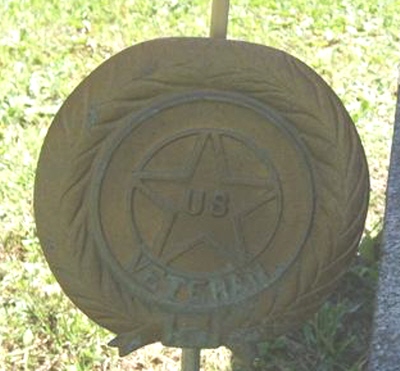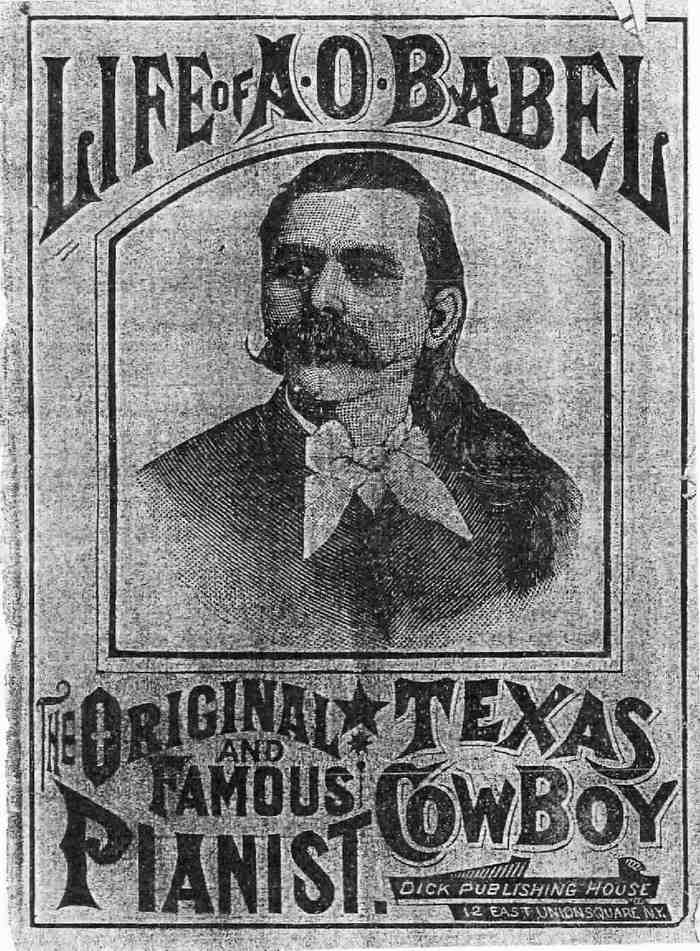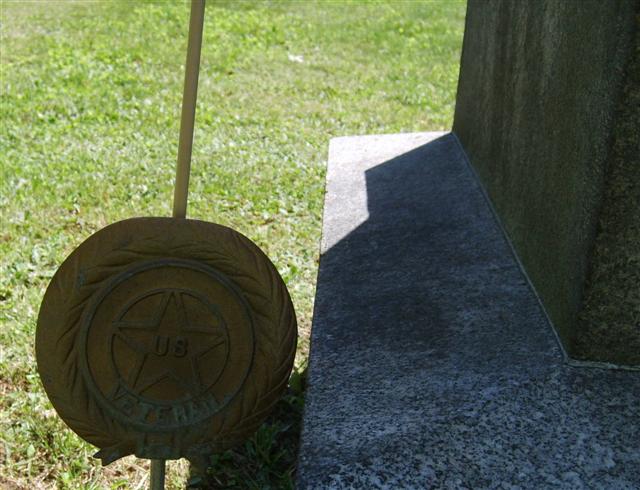According to census records and to local history sources, Amandus, Sr. was a music teacher, giving lessons in violin, flute and guitar at a cost of $5.00 per student. With such a talented father, it is safe to assume that the nine Babel children all grew up with more or less musical knowledge.
At some time between 1870 and 1880, young Oscar left home. According to his biography, he became a scout, an interpreter and a cowboy. After a fall from his horse left him with a broken arm, he was taken to Fort Sill in Oklahoma to convalesce. In the parlor of the hospital stood an old piano. One day, being bored with keeping still, Oscar went up to the piano and opened it. Again according to his biography, he was amazed to find that, after a short while, he could play recognizable songs with his single hand. Once his broken arm healed, he was able to play with both hands, and all this without benefit of piano lessons.
"A.O.", as he was now called, began giving concerts to his fellow patients, and when he left the hospital, to a wider audience throughout Texas, California and Mexico. Finally, he made his debut in New York at Steinway Hall in September of 1886. The public went wild over this Buffalo Bill-like character who played Mozart, Vivaldi, Handel and Chopin while dressed in full buckskins and pistols. Newspaper articles extolled his "marvelous execution" and lauded his trick of covering the piano keys with a cloth and playing without being able to see the keyboard. At one point in his career, he supposedly claimed to be a spiritualist, and to play "under control".
Oscar (now occasionally referred to as "Alexander Babel") married Emma Rupel in 1880 in Houston. They had one child , Ida (1881-1902) who took the last name of her stepfather Emile Clede. After Oscar and Emma divorced, he married Mary Martha "Mattie" Williams of New York. His wife, billed as Miss Mattie Babel, the "Cow Girl Cornetist" is mentioned in several newspaper accounts. She is also mentioned, along with Oscar, in the 1892 New York State Census. The couple is living in Cattaraugus County; their occupations are listed as "musician".
From 1885 until 1891, A. O. played all over the northeastern part of the United States. Newspaper articles from New York, Pennsylvania, Ohio, Maine and Illinois trace his career. In the beginning, the articles were long and full of praise. But public opinion is a fickle thing. As time went by, A.O.'s novelty began to fade. Critics began to deride his technique and the quality of his playing, and even to suggest that, being the son of a music professor, his claim to be able to play by ear and without instruction was a fraudulent statement. A. O.'s venues went from vast concert halls to vaudeville stages to circus tents.
As his career waned, A.O. seemed to be content to settle in the town of Randolph, in Cattaraugus County, New York. At some point, he added the title "Colonel" to his name, though whether this is a courtesy title, or gained in some military action, is unknown. It was during his residence in Randolph that his biography was written. The "Life of A. O. Babel, The Original and Famous Texas Cowboy Pianist" was written by an author who used only his initials "A.E.K." and was published by Dick Publishing House of New York. The first half of the pamphlet outlines the early life of A. O., the discovery of his musical "gift" and his triumphant concerts over the years. The biography claims that the Queen of England summoned A. O. to play for her. Aside from family legend, and one entry on a Liverpool to New York ship's passenger list, this has not yet been substantiated. The second half of the biography is concerned with Colonel Babel's hints and instructions about the raising and training of horses.
Finally, on January 20, 1896, the Chicago Daily Tribune contained a short and simple announcement to the effect that Colonel A. O. Babel, the famous cowboy pianist, had died at his home at the age of 39 from a long-standing heart complaint. He was buried in the cemetery in Randolph, far from his Texas birthplace and the rest of his family.
His wife Mattie remarried and died in Kentucky in 1931.
Over a hundred years later, the Honorable Rick Perry, Governor of the State of Texas, designated A. O. Babel a "Texas Music Pioneer", thus giving the "Original and Famous Texas Cowboy Pianist" the lasting fame he so earnestly sought during his lifetime.
According to census records and to local history sources, Amandus, Sr. was a music teacher, giving lessons in violin, flute and guitar at a cost of $5.00 per student. With such a talented father, it is safe to assume that the nine Babel children all grew up with more or less musical knowledge.
At some time between 1870 and 1880, young Oscar left home. According to his biography, he became a scout, an interpreter and a cowboy. After a fall from his horse left him with a broken arm, he was taken to Fort Sill in Oklahoma to convalesce. In the parlor of the hospital stood an old piano. One day, being bored with keeping still, Oscar went up to the piano and opened it. Again according to his biography, he was amazed to find that, after a short while, he could play recognizable songs with his single hand. Once his broken arm healed, he was able to play with both hands, and all this without benefit of piano lessons.
"A.O.", as he was now called, began giving concerts to his fellow patients, and when he left the hospital, to a wider audience throughout Texas, California and Mexico. Finally, he made his debut in New York at Steinway Hall in September of 1886. The public went wild over this Buffalo Bill-like character who played Mozart, Vivaldi, Handel and Chopin while dressed in full buckskins and pistols. Newspaper articles extolled his "marvelous execution" and lauded his trick of covering the piano keys with a cloth and playing without being able to see the keyboard. At one point in his career, he supposedly claimed to be a spiritualist, and to play "under control".
Oscar (now occasionally referred to as "Alexander Babel") married Emma Rupel in 1880 in Houston. They had one child , Ida (1881-1902) who took the last name of her stepfather Emile Clede. After Oscar and Emma divorced, he married Mary Martha "Mattie" Williams of New York. His wife, billed as Miss Mattie Babel, the "Cow Girl Cornetist" is mentioned in several newspaper accounts. She is also mentioned, along with Oscar, in the 1892 New York State Census. The couple is living in Cattaraugus County; their occupations are listed as "musician".
From 1885 until 1891, A. O. played all over the northeastern part of the United States. Newspaper articles from New York, Pennsylvania, Ohio, Maine and Illinois trace his career. In the beginning, the articles were long and full of praise. But public opinion is a fickle thing. As time went by, A.O.'s novelty began to fade. Critics began to deride his technique and the quality of his playing, and even to suggest that, being the son of a music professor, his claim to be able to play by ear and without instruction was a fraudulent statement. A. O.'s venues went from vast concert halls to vaudeville stages to circus tents.
As his career waned, A.O. seemed to be content to settle in the town of Randolph, in Cattaraugus County, New York. At some point, he added the title "Colonel" to his name, though whether this is a courtesy title, or gained in some military action, is unknown. It was during his residence in Randolph that his biography was written. The "Life of A. O. Babel, The Original and Famous Texas Cowboy Pianist" was written by an author who used only his initials "A.E.K." and was published by Dick Publishing House of New York. The first half of the pamphlet outlines the early life of A. O., the discovery of his musical "gift" and his triumphant concerts over the years. The biography claims that the Queen of England summoned A. O. to play for her. Aside from family legend, and one entry on a Liverpool to New York ship's passenger list, this has not yet been substantiated. The second half of the biography is concerned with Colonel Babel's hints and instructions about the raising and training of horses.
Finally, on January 20, 1896, the Chicago Daily Tribune contained a short and simple announcement to the effect that Colonel A. O. Babel, the famous cowboy pianist, had died at his home at the age of 39 from a long-standing heart complaint. He was buried in the cemetery in Randolph, far from his Texas birthplace and the rest of his family.
His wife Mattie remarried and died in Kentucky in 1931.
Over a hundred years later, the Honorable Rick Perry, Governor of the State of Texas, designated A. O. Babel a "Texas Music Pioneer", thus giving the "Original and Famous Texas Cowboy Pianist" the lasting fame he so earnestly sought during his lifetime.
